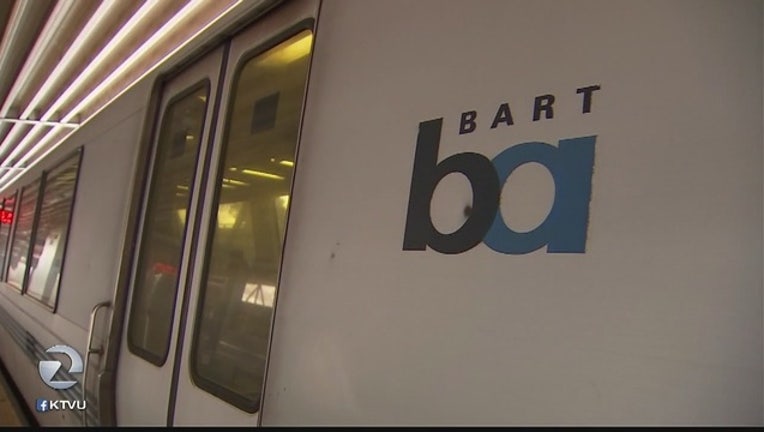BART official doesn't 'see how BART is going to survive'

OAKLAND, Calif. - BART officials told the agency's Board of Directors Thursday that the Bay Area's COVID-19 coronavirus resurgence has BART already falling behind on its revenue projections for fiscal year 2021, which began July 1.
BART officials said the agency is likely to receive nearly $40 million less than the $416 million it requested from the Metropolitan Transportation Commission in funding from the federal Coronavirus Aid, Relief and Economic Security Act.
BART ridership is also trending closer to its slower projected ramp-up.
Board Director Liz Ames said BART could consider finding additional funding by taking out loans or reducing daily service, but the state of the agency is dire in either scenario.
"I don't see how BART is going to survive," she said. "I mean I don't want to say bankruptcy but this is a fiscal emergency."
BART passed its fiscal year 2021 budget last month after making roughly $200 million in cuts from the preliminary budget the agency considered in mid-May. The final budget punted on planned funding for things like new hires and BART officials touted that the budget avoided making cuts or to existing staff or furloughing them.
However, that budget was predicated on CARES Act funding and fare revenue sitting at the midpoint between 15 and 50 percent of pre-pandemic ridership.
Board Director Janice Li said part of BART's lack of ridership increases and the Bay Area's coronavirus surge in general falls at the feet of President Donald Trump.
"It's hard for me to be optimistic until we get past November when we have a president of this country who sees mask-wearing as political," Li said.
BART officials are expected to meet again with the board later this year to determine whether revisions to the fiscal year 2021 budget are necessary. The agency has planned to consider such revisions each quarter, starting in October.

